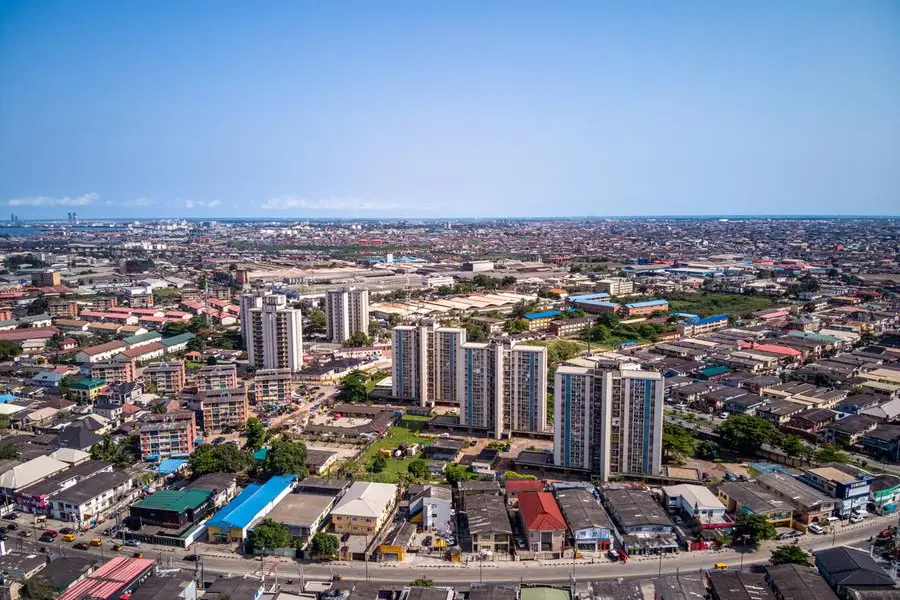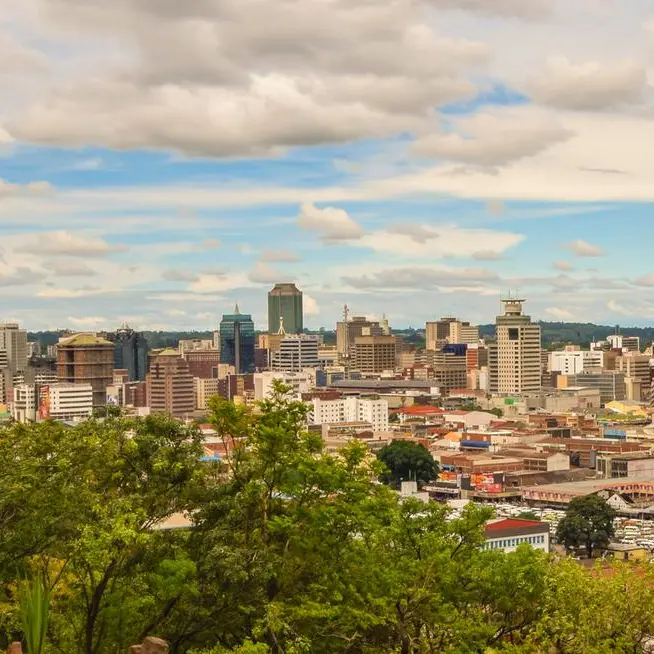PHOTO
The Tourism and Hospitality Industries Thematic Group (THITG) of the Tourism, Hospitality, Entertainment, Creatives, Culture, and Sports Industries Policy Commission (THECCSPC) of the Nigerian Economic Summit Group (NESG) hosted a pre-summit webinar in preparation for the 30th Nigerian Economic Summit (NES#30).
The theme of the webinar was “Domestic Tourism: A Powerful Tool for Rural Revitalization and Economic Growth in Nigeria.”
Domestic tourism is a crucial pillar of Nigeria’s economic growth, offering a substantial platform for boosting the national economy.
This sector has the potential to generate significant income through new revenue streams, create job opportunities across various sectors, and contribute to economic diversification.
In his welcome address, Mr. Udeme Ufot, Co-Chair of THECCSPC of NESG, emphasized that several factors have led Nigerians to favor domestic travel over international options since the COVID-19 pandemic.
He noted that safety and familiarity are key, as domestic destinations are perceived as safer due to better knowledge of local health and safety protocols.
Furthermore, Mr. Ufot stated that reduced international mobility due to travel restrictions and global conflicts has made local destinations more accessible and convenient. He also highlighted economic considerations, including the pandemic and political instability, which have affected livelihoods, making domestic travel a more affordable option.
Mr. Ufot expressed hope that the event would generate actionable recommendations to foster inclusive growth, potentially altering trade patterns, attracting investment, and enhancing border stability across the continent.
In her keynote address, the Minister for Tourism, Ms. Lola Ade John, highlighted the importance of domestic tourism for Nigeria’s future, noting that the focus has historically been on inbound tourism.
By shifting attention to domestic tourism, significant opportunities can arise for rural communities. In 2022, the tourism sector contributed 17.3 billion Naira to Nigeria’s GDP, compared to 7.5% of GDP in France.
She stated that Nigeria boasts 1,091 tourist sites across 356 states and the FCT, many of which are undergoing revitalization. Notable sites include Obudu, Ogbunike, Osun-Osogbo Grove, Kajuru Castle, and Yankari Games Reserve, which are improving in terms of historic architecture, wildlife conservation, and ecotourism efforts.
The minister further stated that Nigeria also hosts 814 festivals across 774 locations, offering rich cultural experiences.
She underscored the need for investment in domestic tourism to revitalize communities, spur entrepreneurship, and generate revenue, noting that the sector currently supports 1.9 million jobs but has significant growth potential.
Mr. Folorunsho Coker, Director General of the Nigerian Tourism Development Corporation (NTDC), spoke on the importance of public-private partnerships (PPP), community involvement, and sustainable funding models for promoting domestic tourism. He noted that domestic tourism is six times the size of international tourism and is essential for addressing employment issues.
Mr. Obi Asika, Director General of the National Council for Arts and Culture (NCAC), discussed the role of media, arts, and culture in developing domestic tourism.
He highlighted the need for collaboration between the public and private sectors to bridge capacity gaps and emphasized the importance of storytelling in attracting tourists.
Ms. Sade Hughes, MD of MIXTA Hospitality Ltd, emphasized the impact of innovative real estate and distinctive tourism experiences in revitalizing domestic tourism.
She called for government investment in infrastructure and urged Nigerians to support local brands.
Ms. Bolaji Mustapha, President of the Nigeria Association of Tour Operators (NATOP), stressed the need for government support in policy and infrastructure to develop Nigeria’s tourism sector.
Ms. Adenike Macaulay, CEO of Wakanow, highlighted the interconnection between music, art, and tourism and the importance of clearly defining tourism attractions to stimulate the economy.
Ms. Omoyemi Akerele, Founder and CEO of Lagos Fashion Week and Style House Files, shared how they have redefined Nigeria’s tourism through fashion and enhanced Lagos nightlife, using fashion week as a tool for ecotourism.
Copyright © 2022 Nigerian Tribune Provided by SyndiGate Media Inc. (Syndigate.info).





















